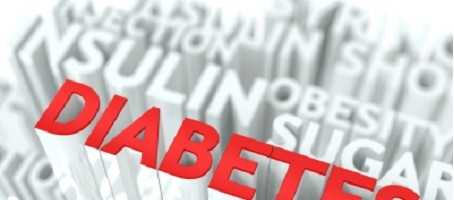Researchers have found that using hydrolysed milk, after completing breastfeeding, does not significantly reduce risk of type 1 diabetes compared with the use of cow’s milk.
The research, led by Prof Mikael Knip of the University of Helsinki, involved 2,159 participants over 15 countries. Each of the infants in the study had a first degree relative (a parent or sibling) with type 1 diabetes. The infants were randomly assigned to two different groups. One group was given an extensively hydrolysed casein formula whilst the other group had a conventional formula of 80% cow’s milk and 20% hydrolysed casein formula.
The mothers were able to breastfeed their children for as long as they wanted and were then required to give whichever formula they were randomly assigned to receive for at least 2 months. The researchers then followed the children for the next seven years to investigate whether the children had developed autoantibodies against pancreatic islet cells. The presence of these autoantibodies signifies a strong risk of developing type 1 diabetes later in childhood or adulthood.
When the results were analysed, the researchers found no significant differences between the two groups in terms of the rate of children which developed islet cell autoantibodies. The clinical study will however run for another 3 years to see whether there is a difference in terms of development of type 1 diabetes itself between the two groups.
The research included funding from type 1 diabetes charity, the JDRF. Whilst the research suggests no preventative role for highly hydrolysed milk, CEO of JDRF UK, Karen Addingto, stated: “The results presented by Professor Knip are interesting and we look forward to seeing the results of continued exploration. Understanding the development of type 1 diabetes is a vital part of our work to cure, treat and prevent the condition.”
What's new on the forum? ⭐️
Get our free newsletters
Stay up to date with the latest news, research and breakthroughs.






